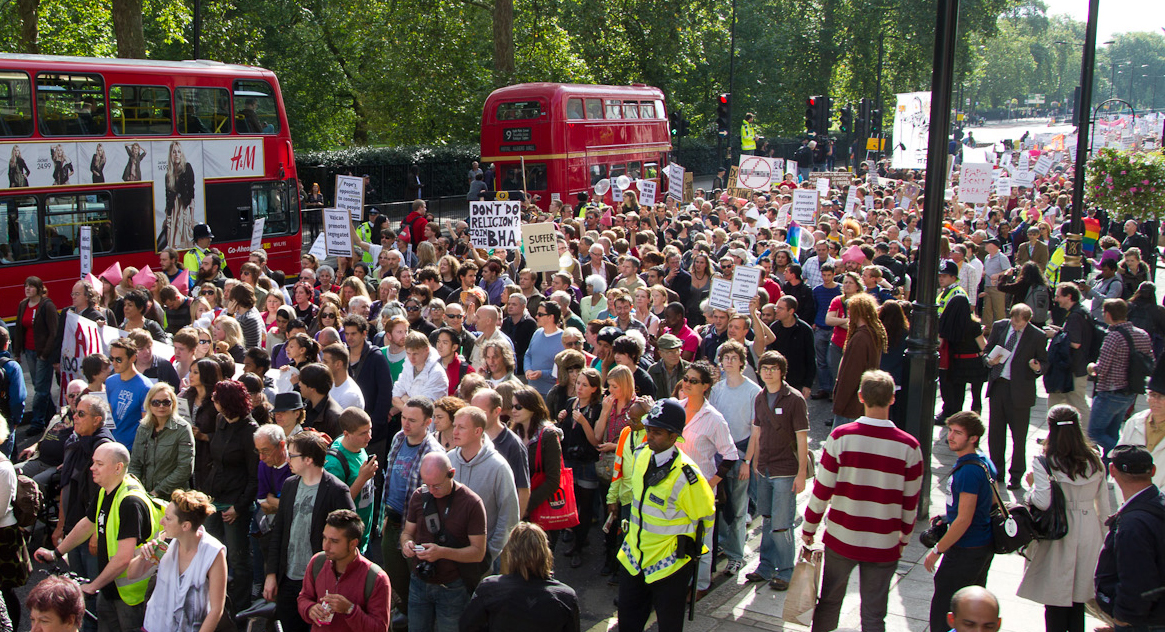Young Humanists is the section of the BHA specifically for humanists aged 18-35. It runs a regular Twitter debate once a month using the hashtag #YHDebate. March’s debate took the form of an ‘ask me anything’ (AMA) with Imtiaz Shams, a BHA trustee who is also the co-founder of Faith to Faithless, which provides support and advice to people who experience discrimination, rejection, or abuse when leaving religion.
Below are a selection of the best questions from a number of young humanists and others in the general public. You can click on any tweet to see Imtiaz’s response.
I'm Imtiaz Shams, cofounder of @faith2faithless along with @Aliyah_Saleem. Also BHA trustee. Thanks @YoungHumanists for organising #YHDebate
— Imtiaz Shams (@imtishams) March 9, 2017
Left Islam 4 years ago, my experiences as Ex Muslim led me to reduce stigma faced by those leaving conservative religions or cults #YHDebate
— Imtiaz Shams (@imtishams) March 9, 2017
Started events in 2015 where Ex Religious people "come out" inc Ex Jehovah’s Witnesses, Ex Muslims, Ex Christians, Ex U Ortho Jews #YHDebate
— Imtiaz Shams (@imtishams) March 9, 2017
#YHDebate @imtishams is there anything that atheists/humanists do that's unhelpful or might put apostates off joining their community?
— Exeter Humanists (@ExeterHumanists) March 9, 2017
#yhdebate @imtishams what is the best thing humanists (who may never have been religious) can do to reach out to apostates?
— Julian Webb (@JulianWebb_) March 9, 2017
@imtishams what do you think the biggest misconception about apostates is? #yhdebate
— Humanist Students (@HumanistStudent) March 9, 2017
What hopes do you have for the future of @faith2faithless and how can humanists contribute? @imtishams #YHDebate
— Birmingham Humanists (@brumhums) March 9, 2017
https://twitter.com/LaurenNicholas2/status/839923433907572736
isn't world alot more scarier when one doesn't have comfort of faith to rely upon?#YHDebate
— naj khan (@najkhan71) March 9, 2017
https://twitter.com/AlfredaEilo/status/839927853806419968
Thank you to @imtishams and to everyone who has taken part in this #YHDebate. You can support @faith2faithless here: https://t.co/It1HZzetau
— Young Humanists (@YoungHumanists) March 9, 2017
Make sure you join in for the next #YHDebate on twitter on 19 April, which will be on Humanism and conservatism (ooh).
